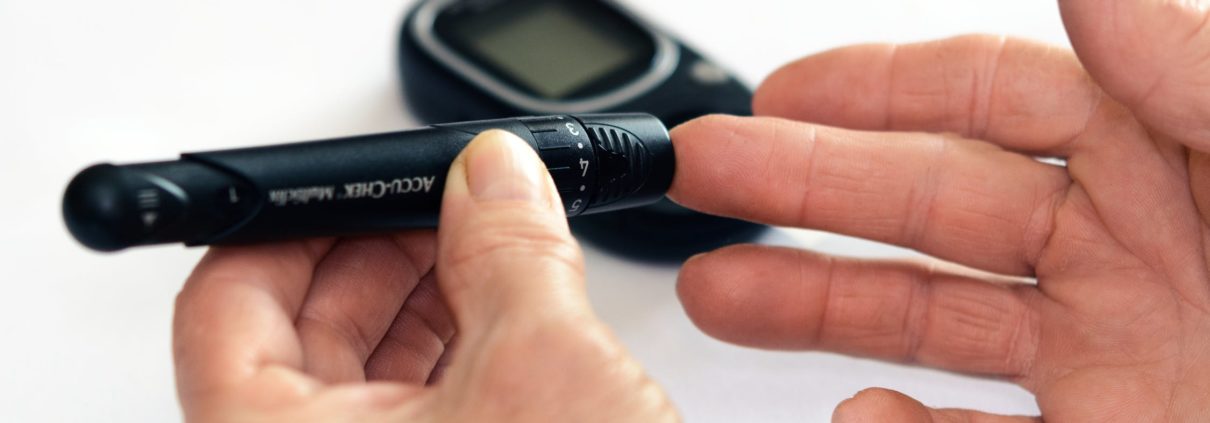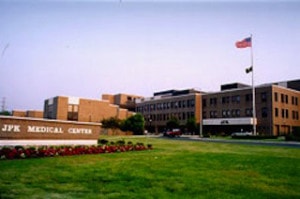While weight loss surgery has been proven to be highly effective in improving the health of individuals with obesity, many women considering this option may be concerned about how it may impact their fertility and ability to become pregnant. In this article, we will discuss how weight loss surgery can impact fertility, the potential risks and benefits of weight loss surgery for women trying to conceive, and important considerations to keep in mind if you are planning to undergo bariatric surgery in New Jersey.
How weight loss surgery can affect fertility
Obesity is a well-known risk factor for fertility problems, including menstrual irregularities, ovulatory dysfunction, and infertility. By helping individuals lose weight, weight loss surgery can help improve many of these fertility-related issues. However, the surgery itself can also have an impact on fertility, at least in the short term.
One of the most common types of weight loss surgery is the gastric bypass, which involves creating a small pouch from the stomach and rerouting the small intestine to this pouch. This procedure can have an impact on the absorption of nutrients and can cause a reduction in the absorption of some vitamins and minerals, such as iron, calcium, and vitamin B12. These nutrients are essential for reproductive health, and deficiencies can negatively impact fertility.
In addition, rapid weight loss after bariatric surgery can cause hormonal changes in the body, including a reduction in estrogen levels, which can lead to menstrual irregularities and a temporary reduction in fertility. Furthermore, significant weight loss can also lead to a decrease in insulin resistance, which can improve ovulation and increase the chances of conceiving.
Risks and benefits of weight loss surgery for women trying to conceive
While weight loss surgery can have some short-term negative effects on fertility, there are also many potential benefits to consider. In addition to improving overall health and quality of life, weight loss surgery can improve fertility in the long term by helping individuals achieve a healthy weight and reducing the risk of conditions such as polycystic ovary syndrome (PCOS) and type 2 diabetes, which can negatively impact fertility.
Furthermore, studies have shown that women who undergo weight loss surgery before getting pregnant have a lower risk of pregnancy complications, such as gestational diabetes, preeclampsia, and preterm birth, compared to women who do not undergo surgery.
It is also important to note that women who become pregnant after weight loss surgery often have a lower risk of complications during pregnancy and delivery, including a reduced risk of stillbirth and cesarean section. However, it is important to keep in mind that pregnancy after bariatric surgery requires careful monitoring, as rapid weight loss can lead to nutritional deficiencies that can negatively impact fetal development.
Important considerations
If you are considering weight loss surgery and also want to become pregnant in the future, it is important to discuss your options with your healthcare provider. Your doctor can help you determine the best course of action based on your individual needs and goals.
If you do decide to undergo bariatric surgery, it is important to wait at least 18-24 months after the surgery before trying to conceive. This will allow your body to recover from the surgery and give you time to achieve a stable weight and optimize your nutrition.
In addition, it is important to work closely with your healthcare provider during pregnancy and to monitor your nutritional status carefully. Your doctor may recommend additional supplements or dietary changes to ensure that you and your baby are getting the nutrients you need.
Conclusion
While weight loss surgery can have some short-term negative effects on fertility, there are also many potential benefits for women trying to conceive, including a reduction in pregnancy complications and an improvement in overall health.
For more information, call 973-410-9700 or contact us online.













